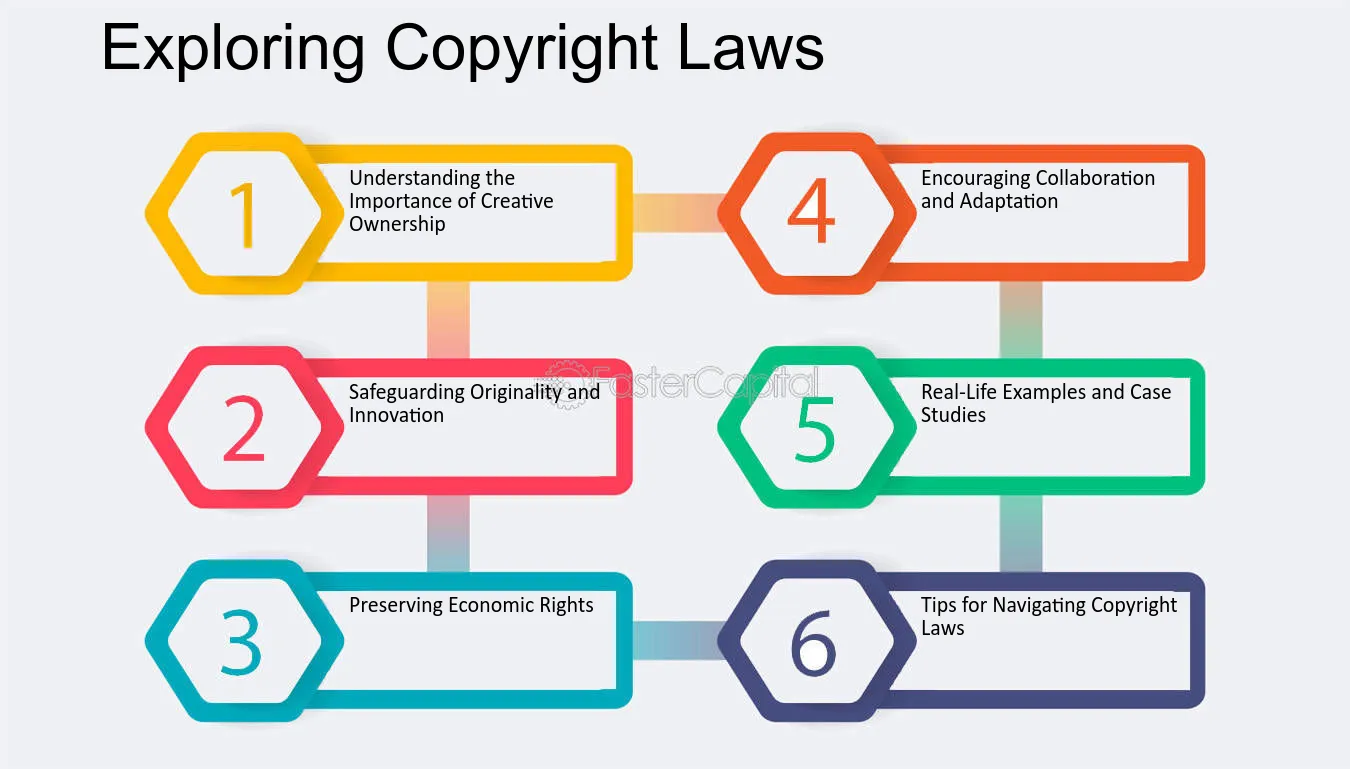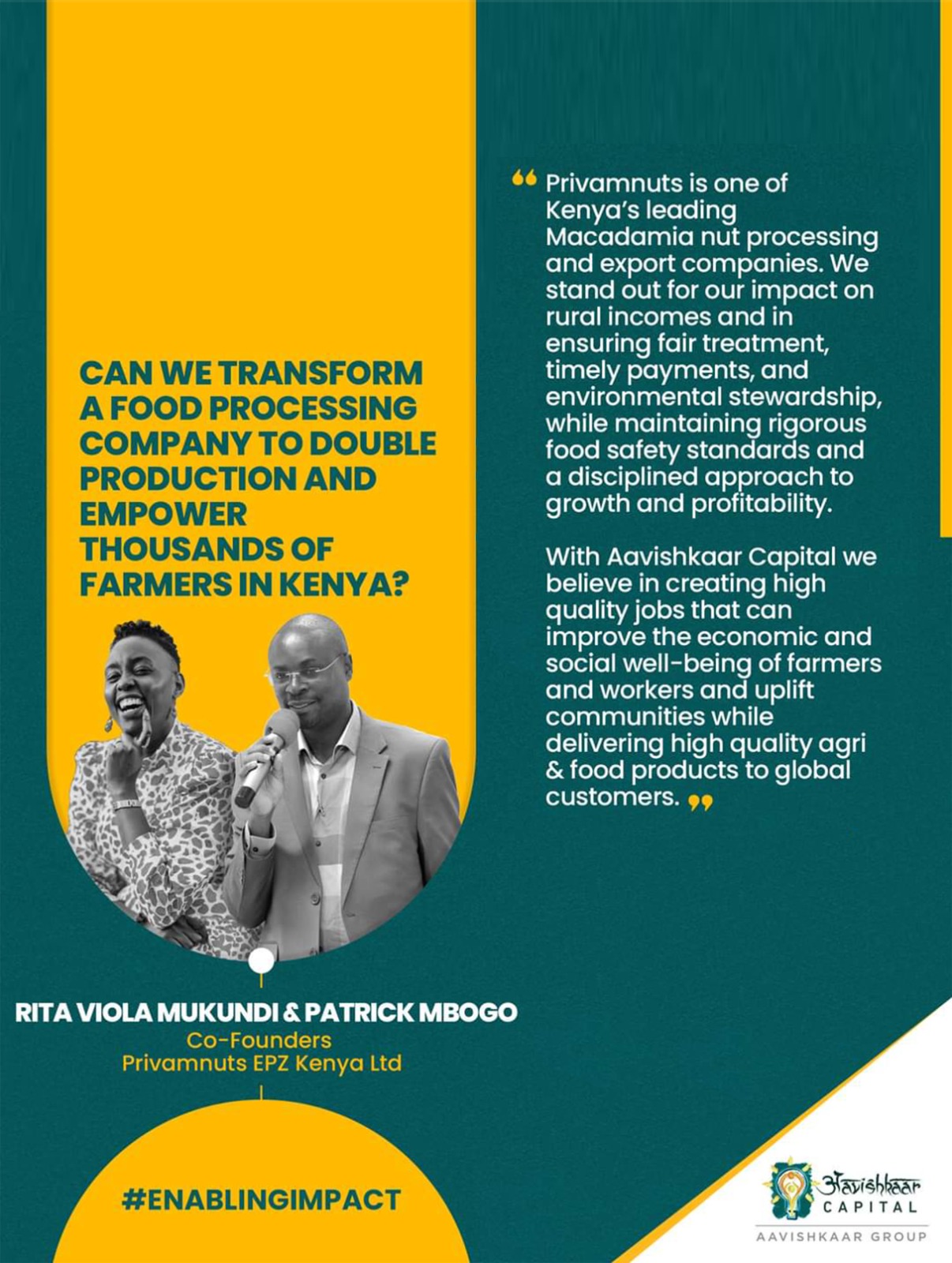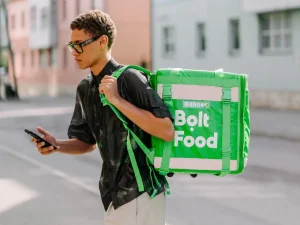
By Agufa Vwamu
The role of copyright is crucial as it protects the rights of creators to earn a living from their original work. For the intellectual property system to function optimally, this work must also be easily and affordably accessible. Striking this balance is particularly challenging—and vitally important—in Africa.
Africa’s deep history and vibrant culture, combined with the dynamism of our people, make the continent a rich source of art, music, literature, and other creative works. In the modern economy, every creative worker has the right not just to earn a living but to thrive.
 This is the core objective of copyright law, which safeguards the rights of creators and rightsholders to earn income from their work while preventing others from exploiting it without permission.
This is the core objective of copyright law, which safeguards the rights of creators and rightsholders to earn income from their work while preventing others from exploiting it without permission.
In most African territories, the creator of any work automatically holds the copyright. However, protecting that copyright is not straightforward. In the digital age, it has become easier than ever to copy, download, scrape, pirate, repackage, and otherwise steal the work of others and profit from it.
Justice and law enforcement authorities must enforce the legal protections that naturally accrue to copyright holders. This theft of copyrighted material, also called content piracy, threatens all content industries and the creators themselves.
 Partners Against Piracy (PAP), a multi-sectoral association formed to combat piracy, estimates that online content piracy costs Kenya’s creative economy about Sh92 billion annually, or Sh252 million daily, in gross losses.
Partners Against Piracy (PAP), a multi-sectoral association formed to combat piracy, estimates that online content piracy costs Kenya’s creative economy about Sh92 billion annually, or Sh252 million daily, in gross losses.
Publishers, for example, are losing up to Sh200 million annually due to the piracy of set books, according to the Kenya Publishers Association.
Supporting the fight against this threat are advanced cybersecurity technologies designed to trace, arrest, and prosecute criminal syndicates profiting from content theft.
For instance, the cybersecurity firm Irdeto protects more than 6 billion devices and around 7.2 billion streams every month. It uses proprietary technology to monitor infringements and has already detected 4.5 billion illegal streams, sending out 280 million notices on behalf of rights holders.

The fight against content piracy is critically important. However, in Africa, piracy often occurs due to access challenges. When people cannot obtain or afford certain types of content, they sometimes resort to piracy.
An Irdeto survey found that users in five major African territories made 17.4 million visits to the top 10 piracy sites within three months.
There is a delicate balance to be struck since content must be viable and lucrative for creators while being affordable and accessible for users.
Lawmakers worldwide are grappling with this issue. Big Tech companies often advocate for free access and “fair use” of copyrighted material, arguing that free or low-fee access benefits humanity, especially the poor.
On the other hand, if users can access content without paying for it, content creators lose the incentive to create. This ultimately harms society, as fewer books are written, fewer films and series are produced, and less music is recorded.
Some lawmakers have proposed hybrid solutions, where the use of copyright material is allowed under certain circumstances, such as Nigeria’s Copyright Act and South Africa’s long-delayed Copyright Amendment Bill.

Examples include using copyrighted material for research, review, reporting, scholarship, teaching, and education.
Moreover, being exposed to exciting new content inspires young people to become creators themselves. This applies to filmmaking, literature, music, design, and many other creative fields.
All creative ideas are inspired by earlier works. It is vital that creative industries in Africa, along with the regulators, lawmakers, and law enforcers who manage them, find that elusive balance.
Artists, authors, creators, and production crews must continue to share their joy, insights, and intrinsic value with as many people as possible. At the same time, these creators must be able to live from the proceeds of their work and continue to create more, ultimately benefiting all African people.
- The writer is the Head of Operations Support, MultiChoice Kenya.











